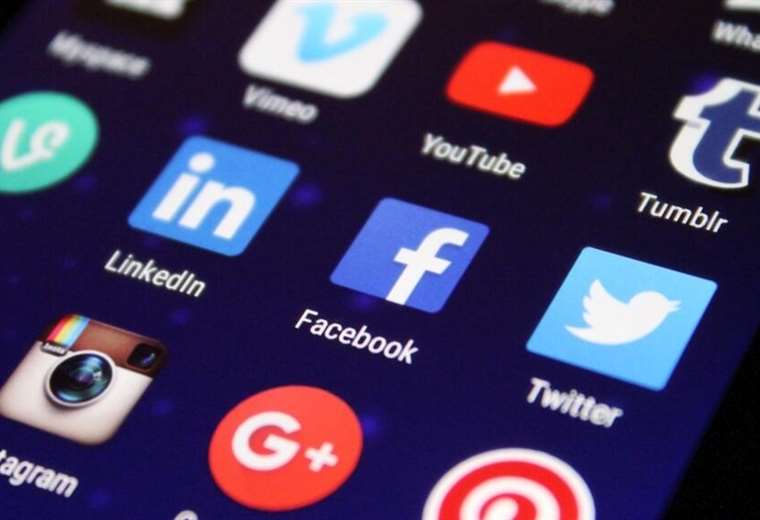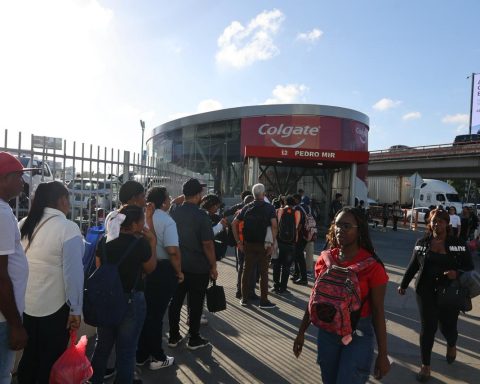May 19, 2023, 8:01 AM
May 19, 2023, 8:01 AM
The highest court in the United States awarded a victory to Twitter, Facebook and Google on Thursday by ruling that victims of “terrorist” attacks cannot hold social media accountable for posting Messages of support for the Islamic State group (EI).
With Cristobal Vásquez, RFI correspondent in Washington, and AFP
The Supreme Court ruled in favor of Google and Twitter, saying that the families of the victims of terrorism they had not shown that the companies helped fuel attacks against their loved ones through their digital platforms.
According to Justice Clarence Thomas, in the case of Twitter and YouTube“the allegations of the plaintiffs are insufficient to establish that the defendants aided and abetted the Islamic State group in carrying out the relevant attack.”
The judges indicated that they are outside the scope of the law because the platforms in no way “aided and abetted” IS terrorist attacks by hosting posts supporting the extremist group.
“The fact that some evil actors have taken advantage of these platforms is not enough to assert that the defendants knowingly provided substantial assistance and thereby aided and abetted the acts of those evildoers,” the court said.
Family members in both cases based their demands on the Anti-Terrorism Law, which imposes civil liability for aiding a terrorist attack. At issue was whether the company provided substantial assistance to the terrorist group.
The court’s decision was a victory for technology companies conducting extensive lobbying and advocacy campaigns to uphold Section 230 in Washington, which gives Internet platforms legal immunity from any third-party content.
Changes to the law, they say, could open a litigation floodgate that would severely affect innovation and make many popular websites impossible to function.
Section 230, signed into law in 1996, is credited with allowing the unrestricted expansion of the Internet, but is increasingly seen as contributing to some of the ill effects of social media.
Without her, the websites would potentially be open to lawsuits by user-posted content, which would make spontaneous discussions seen on social media subject to much stricter moderation.
The US Congress, with divided positions, has not updated the rules, and many states are passing their own laws to make platforms like Facebook, Instagram, and TikTok more accountable for content.
“Enough is enough… Congress must step in, reform Section 230 and remove blanket liability immunity from platforms,” Democratic Sen. Dick Durbin said after the ruling.
The magistrates of the Supreme Court sidestepped the debate by saying that, in any case, the accusations against YouTube and Twitter did not amount to an infringement and, therefore, the discussion on article 230 was not relevant.
“We decline to address the Section 230 application that appears to present an implausible claim, if any,” they noted.
The judges also did not give any indication as to how they might approach the issue of immunity in the future.
Google celebrated the result.
“Countless of companies, academics, content creators, and civil society organizations that joined us on this case will take comfort in this outcome,” said Halimah DeLaine Prado, Google General Counsel.
The cases examined
In concrete terms, this time the Court ruled on two separate cases.
In the first, the parents of a young American girl killed in the November 2015 attacks in Paris had filed a complaint against Google, which they accused of having supported the growth of IS by suggesting their videos to some users.
In a second, Relatives of a victim of an attack on a nightclub in Istanbul on January 1, 2017 believed that Facebook, Twitter and Google could be considered “accomplices” of the attack, because he considered that his efforts to remove content from the IS group had not been “vigorous” enough.
The Supreme Court refuses to hear the vast majority of the cases that are presented to it, and the experts considered that by choosing to decide on this, there could be a will to modify the historic law.
















